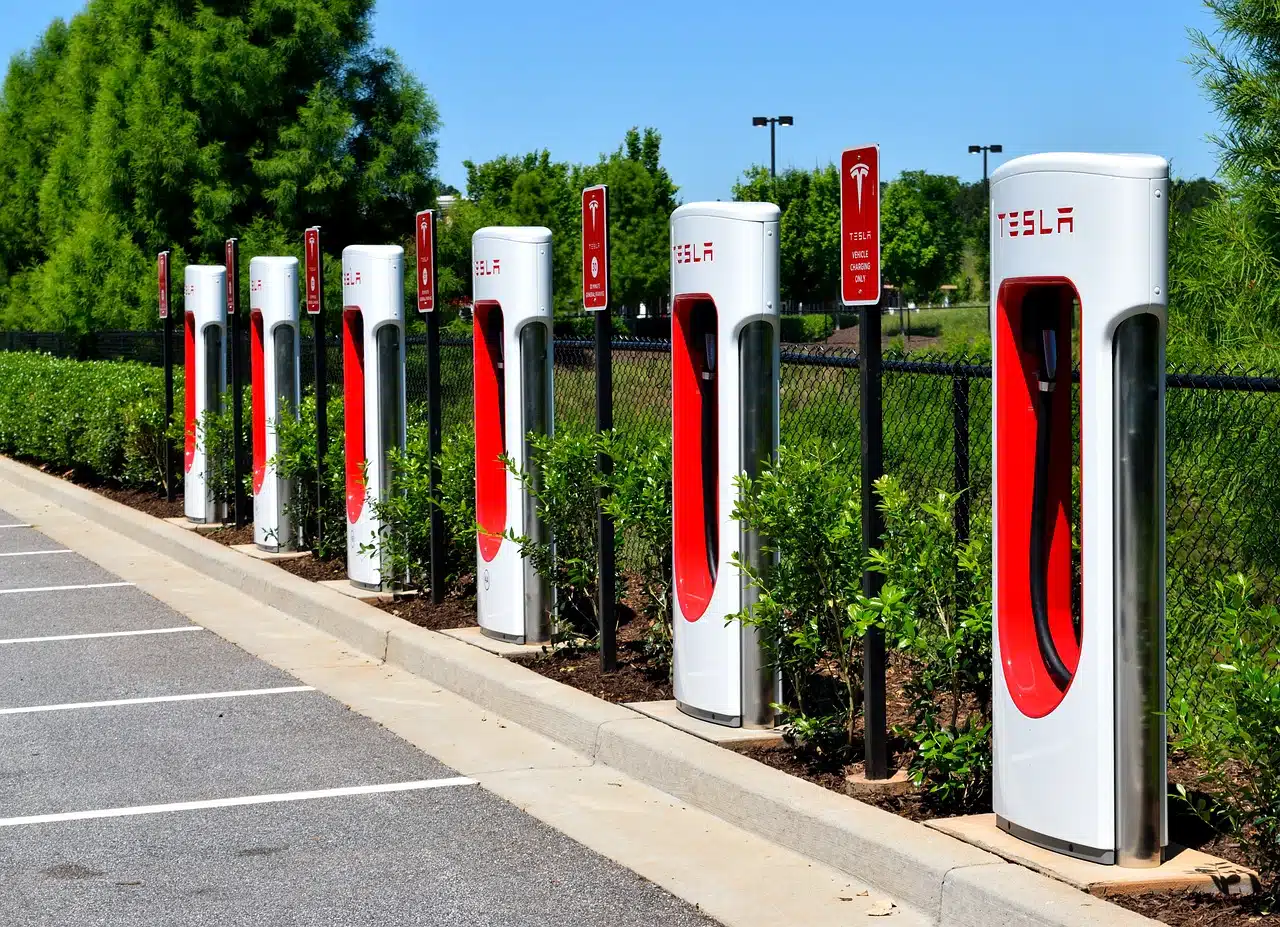
Thanks to a series of regulations approved by the European Parliament, alternative fuel stations for recharging trucks and cars will be added to European territory.
Alternative fuel is a substance or material that, without being a nuclear or fossil fuel, can fulfill the function of fuel in a non-conventional way . In general, it is a less harmful resource for the environment and more economical compared to traditional fuels, although there are exceptions: that is why it is essential to know its characteristics, advantages and disadvantages, to know which of these innovations are available where one live and be aware of the latest developments in the sector.
It is interesting to mention that used vegetable oils , hydrogen , biodiesel and propane are some examples of this type of fuel capable of replacing products derived from petroleum .
Alternative fuel types
There are multiple types of alternative fuel , thus generating various categories that group together very different options.
On the one hand, biofuels are gaining notoriety. This is what is known as substances suitable as fuel that derive from, for example, organic waste and biomass . Biodiesel , bioethanol , biogas and biomethane are part of this set.
Gaseous fuels , including compressed natural gas (CNG) , liquefied natural gas (LNG) and liquefied petroleum gas (LPG) in addition to hydrogen , also make up this set.
By focusing attention on fuels of synthetic origin , alternatives such as synthetic diesel , synthetic gasoline and liquid coal are coming to light.
Electricity , finally, serves as a power source for electric vehicles . Although the advancement of technology is allowing this area to expand more and more, in order to deploy its full potential, this sustainable mobility requires that charging infrastructure be extended on a global scale.

There are fast charging stations for electric vehicles in certain parts of the world and it is also contemplated, in the future, to multiply wireless charging points.
Production and obtaining of non-conventional fuels
The production and obtaining of non-conventional fuels covers a wide variety of processes and actions.
Generating bioenergy , an ecological and renewable possibility, requires having within reach raw materials that can be obtained thanks to agricultural activity. Hand in hand with energy crops , which are much cheaper than coal or oil, it is possible to obtain biofuels , very necessary and valuable products so that transportation does not continue to generate enormous levels of gas emissions linked to the greenhouse effect. Another advantage of each energy crop (which can be of herbaceous or woody origin) is its ability to contribute to circular energy , given that it encourages the reuse of natural resources.
Waste management has been revolutionized in pursuit of using waste to produce alternative fuels . In recent years, research projects and experiments focused on the treatment of forest residues to obtain biofuels have increased. In this same sense, agricultural waste has been taken into account with the aim of increasingly replacing fossil fuels .
Among the essential procedures when producing alternative fuels are fermentation (key to, for example, obtaining bioethanol ), transesterification of vegetable oil (for biodiesel ), biomass gasification (technique that offers the chance to generate biofuels ). and electrolysis (a method intended to produce green hydrogen), to point out some alternatives.

The bicycle is an ecological and economical means of transportation that promotes the health of those who choose it to get from one point to another or simply use it for recreational purposes.
Advantages and disadvantages of alternative fuel
Alternative fuel has advantages and disadvantages. Although this type of production is associated with more environmentally friendly practices, there are still limitations linked to technical, infrastructure and mass implementation issues.
In general, non-conventional fuels are created based on cleaner processes compared to fossil fuels and are biodegradable; they do not cause as many toxic gases as they do when burned. Likewise, some of them do leave a negative environmental footprint.
Certain raw materials that are used to produce this type of products are from the food sector, where their price usually rises when the priority is the production of alternative fuels . Deforestation and the depletion of soil nutrients, leaving surfaces unusable in the medium term, are other points against it.
If more positive aspects are listed, then it will be highlighted that this business favors the recycling of garbage and excrement left by various species of animals; which, by using inexhaustible sources, nourishes all renewable energies and offers the possibility of preserving fossil fuel reserves.
Technologies and articles related to non-conventional fuels
There are technologies and items related to non-conventional fuels on the current market.
In this context, there are electric vehicles that are supplied at fast charging stations, and much work has also been done on wireless charging , an induction modality that does not require the use of a physical cable.
The industry has even promoted the development of hybrid means of transportation . These are units in which both electric and internal combustion engines are combined. There are hybrid systems , too, that are based on an electrochemical device, fuel cells .
